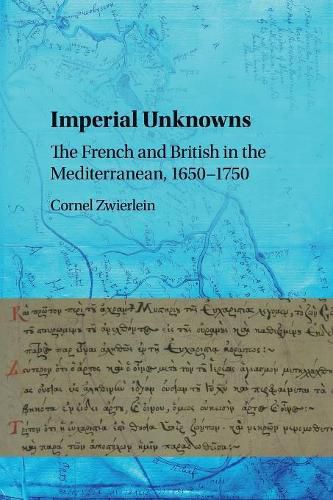Readings Newsletter
Become a Readings Member to make your shopping experience even easier.
Sign in or sign up for free!
You’re not far away from qualifying for FREE standard shipping within Australia
You’ve qualified for FREE standard shipping within Australia
The cart is loading…






In this major study, the history of the French and British trading empires in the early modern Mediterranean is used as a setting to test a new approach to the history of ignorance: how can we understand the very act of ignoring - in political, economic, religious, cultural and scientific communication - as a fundamental trigger that sets knowledge in motion? Zwierlein explores whether the Scientific Revolution between 1650 and 1750 can be understood as just one of what were in fact many simultaneous epistemic movements and considers the role of the European empires in this phenomenon. Deconstructing central categories like the mercantilist ‘national’, the exchange of ‘confessions’ between Western and Eastern Christians and the bridging of cultural gaps between European and Ottoman subjects, Zwierlein argues that understanding what was not known by historical agents can be just as important as the history of knowledge itself.
$9.00 standard shipping within Australia
FREE standard shipping within Australia for orders over $100.00
Express & International shipping calculated at checkout
In this major study, the history of the French and British trading empires in the early modern Mediterranean is used as a setting to test a new approach to the history of ignorance: how can we understand the very act of ignoring - in political, economic, religious, cultural and scientific communication - as a fundamental trigger that sets knowledge in motion? Zwierlein explores whether the Scientific Revolution between 1650 and 1750 can be understood as just one of what were in fact many simultaneous epistemic movements and considers the role of the European empires in this phenomenon. Deconstructing central categories like the mercantilist ‘national’, the exchange of ‘confessions’ between Western and Eastern Christians and the bridging of cultural gaps between European and Ottoman subjects, Zwierlein argues that understanding what was not known by historical agents can be just as important as the history of knowledge itself.